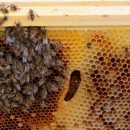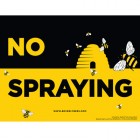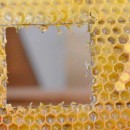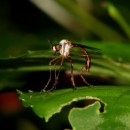7 Steps to Take After a Honey Bee Pesticide Kill
If your bees died from pesticide poisoning follow these 7 steps to report and document your honey bee pesticide kill.
First let me say, I am so sorry. It is disheartening and upsetting to see this happen to your bees firsthand. I have seen a number of pesticide kills with honey bees. Every one of them is depressing and upsetting to witness. But believe it or not many of the hives will make miraculous unbelievable comebacks, despite the massive amount of dead bees outside. Bees are amazingly resilient when it comes to this. Still it is important that you report your bee kill so a record is made with the correct agencies, to try to prevent this from happening in the future. Here are 7 steps you should take after you experience a pesticide kill in your hive.
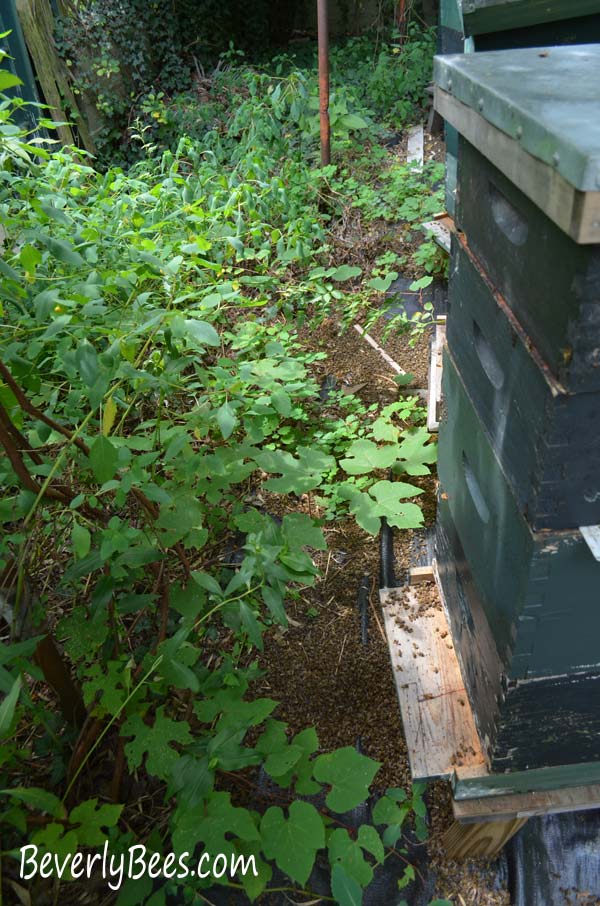
1. You should report your bee kill to the state pesticide inspector for the state where the bill kill happened. If your honey bee pesticide kill happened in Massachusetts you can call 617-626-1781 to report your kill. Find out more information about pesticide enforcement in Massachusetts here. A pesticide inspector should come out and verify your kill, take samples and file a report with the state. This way your bee kill will go on record.
2. Call your state bee inspector to come out to verify the pesticide kill. In a honey bee pesticide kill you may see a large number of dead and dying bees pouring out of the hive, evacuating it, unable to fly, and moving in a jerky, shaky back and forth motion. Bees inside the hive may be unable to hang onto the frames and drop off the sides of the frames like a waterfall of bees when you remove them. Dead bees may have their tongues sticking out and live bees may look like that drank too many cups of coffee the way they are jerking, trembling and shaking. It is a very disturbing site.

It is important to understand that there are several other things that can happen to bees that cause a large number or dead and dying bees to be outside the hive with tongues sticking out. It is not always pesticide poisoning – robbing and paralysis virus (which also causes shaking) are examples of a few. And a large number of dead bees inside the hive could also be from robbing or starvation, among other things. A bee inspector is an expert witness who specializes in identifying sick hives and should be able to tell you if they think it is from pesticides or something else. A bee inspector will also file a report with the state to make note of your kill.
You can also try to self assess what happened to your bees by Autopsying Your Hive and sending bees to the USDA for free bee disease diagnosis if you think something other than pesticides and viruses (mites, nosema, European or American Foulbrood) killed them.
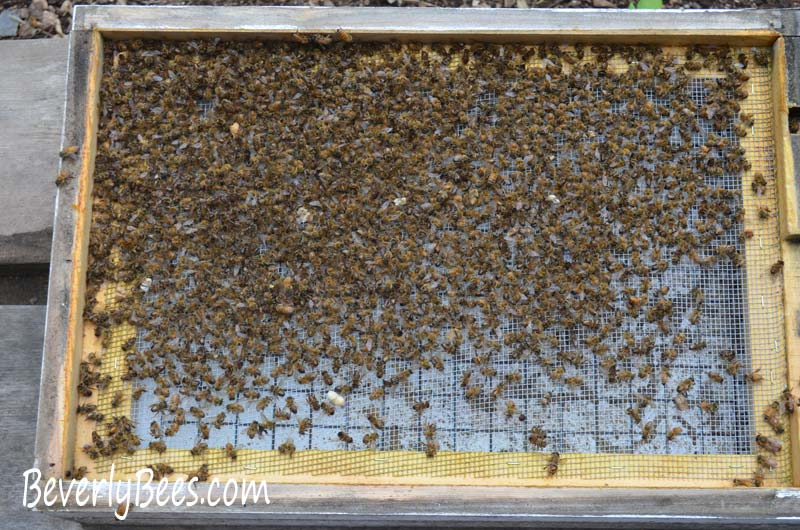
3. Contact the EPA to report your honey bee pesticide kill so they have a record. Here is the contact link.
4. Since sometimes it is hard to get anywhere with any of the above places, be sure to report your bee kill to the Pollinator Stewardship Council here. Michelle Colopy at the Pollinator Stewardship Council is working hard to protect bees from pesticides and has a lot of knowledge about how to report bee kills. Contact her if you need help.
5. Take lots of pictures so you have visual proof of your kill.
6. Immediately, take samples of dead and dying bees and place them in your freezer asap. Many pesticides degrade quickly in sunlight and warm temperatures so if you wait to freeze a sample of bees, it may be too late for testing. Here is a link with information about how to send samples of dead bees to a lab for testing. This post also describes how to collect dead bees for pesticide testing. In addition, the EPA has a 35 page protocol for collecting dead bees after a honey bee pesticide kill. You can read it here.
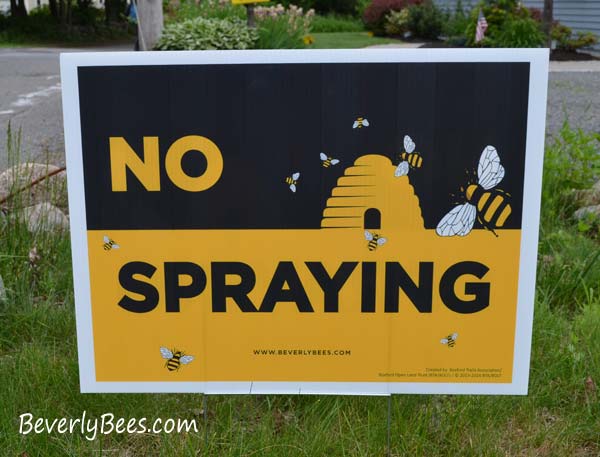
7. Put up a No Spraying Sign to raise awareness and help protect your bees in the future. You can purchase one from our store here. To learn more about protecting bees from pesticides click here.
It is really upsetting to go through this, some of the honey bee pesticide kills I have seen involve numerous hives and the images of the dead and dying bees still haunt me. But in many of the cases all is not lost, the bees do recover. If the colony survives, the queen may stop laying for a while, when the live bees are still jerky and shaky, then she may resume again. If she does not you will need to replace her.
For more beekeeping tips and advice, sign up for our newsletter below.
Copyright © 2011-2014. Anita Deeley, BeverlyBees.com. All rights reserved.

